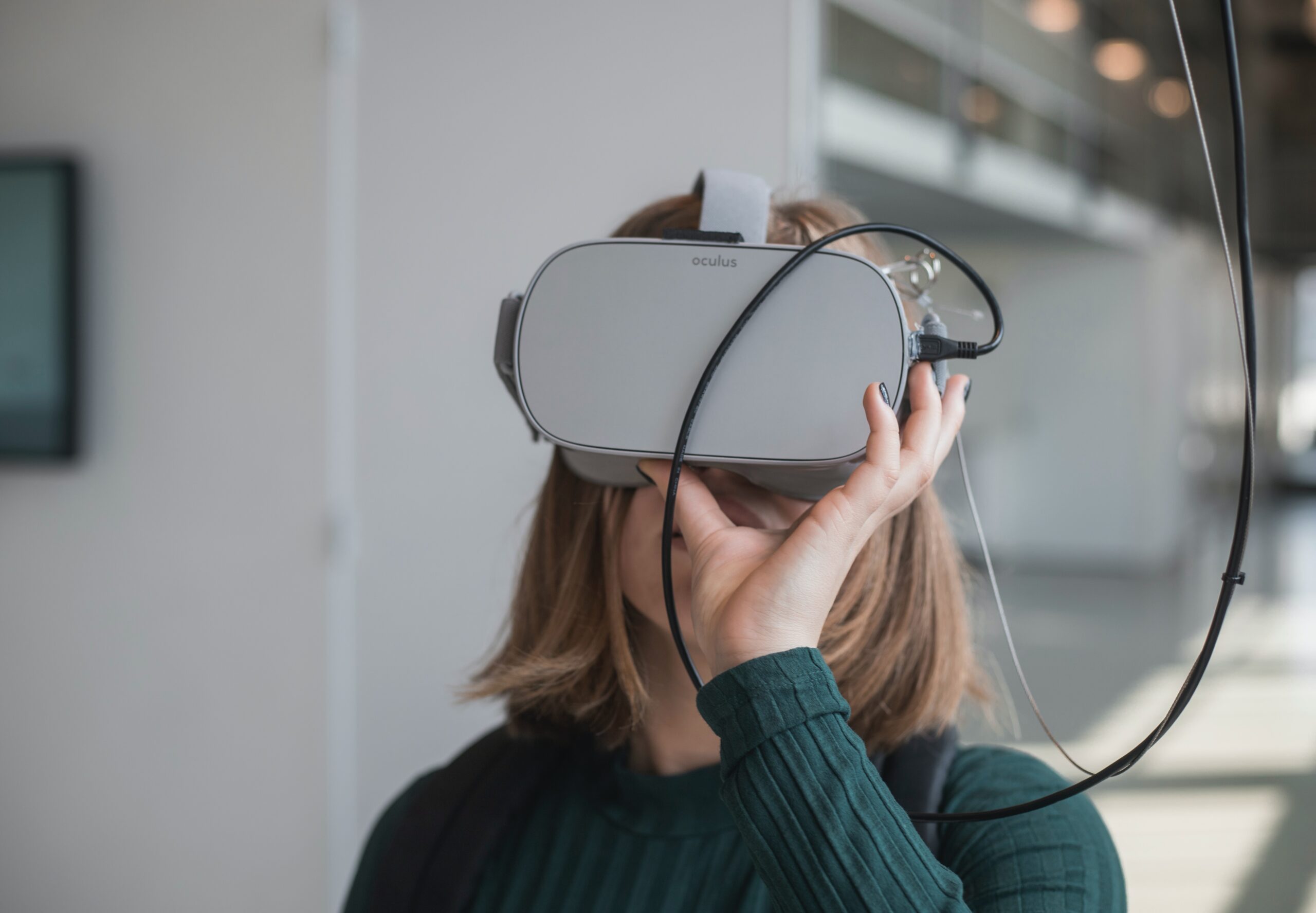
Birmingham Royal Ballet (BRB) is breaking new ground with its innovative virtual stage, a project that leverages immersive technology to make performances accessible to neuro-divergent audiences and beyond. This pioneering venture, fuelled by immersive tech like virtual and augmented reality, is redefining the reach of theatrical performances.
Tom Rogers, a creative digital producer at BRB, highlights the inclusivity of the project, aiming to bring the magic of live theatre to those who, for various reasons, cannot attend in person. This includes not only neurodivergent individuals but also the elderly and young children. Despite fears about technology creating barriers, Rogers assures that this initiative enhances engagement without replacing the irreplaceable experience of live theatre.
Funded by Bloomberg Philanthropies, one of the exciting projects includes NutcrackAR, an augmented reality version of the Nutcracker’s set, which allows users to interact with objects in a virtual Birmingham city centre. This AR trail will add a digital layer to the physical environment of the city, blending the magic of ballet with Birmingham’s vibrant urban landscape.
The Swan Lake VR experience, developed in collaboration with Canon, will transport audiences to the stage alongside dancers, offering an authentic experience complete with the sounds and sights of live ballet. This VR experience, along with a documentary about the Nutcracker and a VR project by Freefall, the ballet’s company of dancers with learning disabilities, will be shared in schools and through neurodiversity programs.
Carlos Acosta, the director of the ballet, expresses his excitement about being at the forefront of incorporating immersive technology in ballet. This technology not only expands accessibility but also brings audiences globally closer to classical ballet.
Clive Booth, the creator of the Swan Lake VR experience, emphasizes the importance of authenticity in these virtual experiences. From the sound of footfall on stage to the rustling of tutus, every detail is crafted to mimic the live experience.
While acknowledging current challenges in accessing the required technology, Booth sees a future where this innovative approach could bring the arts to homes, hospitals, and schools, enriching lives and creating new storytelling avenues.
In conclusion, BRB’s virtual stage is not just an innovation in technology but a testament to Birmingham’s commitment to inclusivity and creativity. It’s a city where the arts are not confined to traditional boundaries but are accessible and enjoyable for all.
Find out more: https://www.brb.org.uk/virtual-stage

